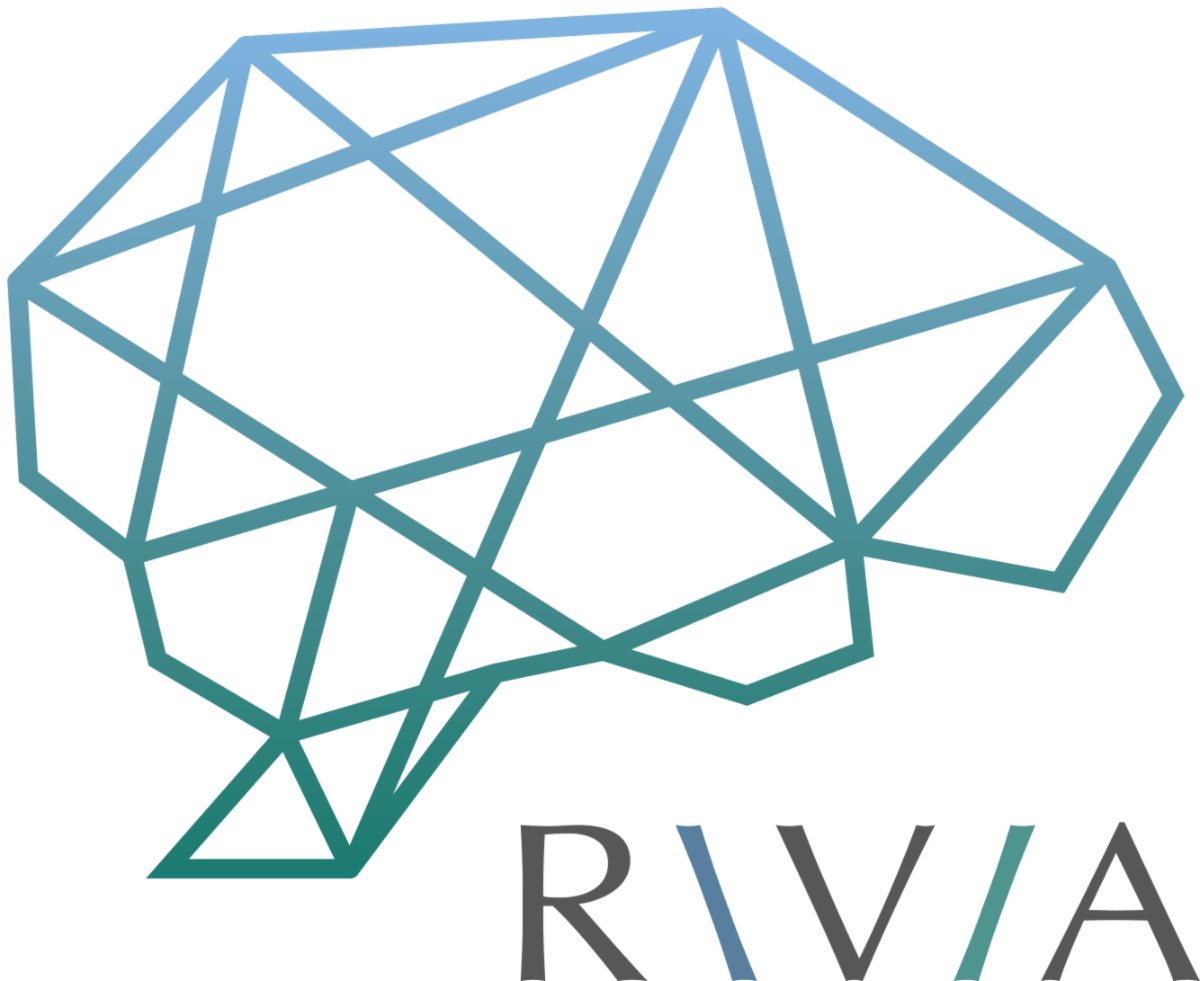Menu
Conduct Disorder is a serious behavioral disorder that primarily affects children and adolescents, characterized by persistent patterns of aggressive, defiant and antisocial behaviors. Individuals with Conduct Disorder often engage in actions that violate the rights of others or societal norms. These behaviors can range from lying and theft to physical aggression and destruction of property. Conduct Disorder not only disrupts the individual’s life but also has a significant impact on their relationships, school performance and overall social functioning. Early intervention and appropriate treatment are crucial to help manage and address the behaviors associated with this disorder and promote healthier development.
The causes of Conduct Disorder are complex and multifaceted, often involving a combination of genetic, environmental and psychological factors. Genetic predisposition can play a role, as the disorder tends to run in families, suggesting a hereditary component. Neurobiological factors, including abnormalities in brain structures and neurotransmitter imbalances, may contribute to impulsive and aggressive behaviors. Environmental factors, such as a history of abuse, neglect, or inconsistent parenting, can also increase the risk of developing Conduct Disorder.
Exposure to violence, poverty, substance abuse in the family and unstable living situations can further contribute to the development of this disorder. Additionally, limited access to positive role models, peer pressure and social isolation can play a role in shaping behavior. While these factors can increase the risk, it’s important to note that not everyone exposed to such circumstances will develop Conduct Disorder. The interaction between these factors is complex, and the exact causes may vary from one individual to another.
Conduct Disorder is characterized by a persistent pattern of behavior that violates the basic rights of others and societal norms. The symptoms of Conduct Disorder can be divided into several categories:
It’s important to note that the severity of symptoms can vary. Some individuals may display a few of these behaviors, while others may exhibit a wide range of aggressive and antisocial actions. Moreover, these behaviors may lead to significant impairment in social, academic and occupational functioning. Conduct Disorder symptoms often emerge in childhood or adolescence and can persist into adulthood if left untreated.
Diagnosing Conduct Disorder involves a comprehensive assessment by mental health professionals, often including psychiatrists or psychologists. The diagnosis typically follows these steps:
The diagnosis of Conduct Disorder is a complex process that requires a holistic assessment of the individual’s behavior, history, and environment. It’s important for mental health professionals to consider the cultural and developmental context when making the diagnosis. Early intervention and accurate diagnosis are crucial for providing appropriate treatment and support to individuals with Conduct Disorder.
The treatment of Conduct Disorder involves a multifaceted approach that addresses the underlying factors contributing to the behavior and focuses on improving social and emotional skills. Treatment strategies are tailored to the individual’s age, severity of symptoms and specific needs. The following are common treatment options:
Successful treatment often requires a collaborative effort involving mental health professionals, educators, caregivers and the individual themselves. Individualized treatment plans take into account the unique needs and strengths of each person with Conduct Disorder, with the ultimate goal of helping them develop healthy coping mechanisms, improved relationships, and a positive trajectory in life.
Preventing Conduct Disorder involves early intervention, nurturing a supportive environment and providing consistent, positive parenting. Open communication, setting clear boundaries and teaching problem-solving skills can be instrumental in preventing or mitigating the development of this disorder.
Understanding the anatomical aspects of Conduct Disorder involves recognizing potential brain-related factors. Research suggests that disruptions in areas of the brain responsible for impulse control, decision-making and emotional regulation may contribute to the development and persistence of Conduct Disorder.
While Conduct Disorder can occur in individuals from any background, certain factors may increase susceptibility. These can include a family history of behavioral disorders, exposure to trauma or violence, inconsistent parenting and early signs of disruptive behavior. Recognizing potential risk factors can help individuals seek early intervention and support.
Untreated or poorly managed Conduct Disorder can lead to a range of complications, including academic difficulties, legal issues, substance abuse and challenges in forming healthy relationships. Early intervention and ongoing support are crucial in mitigating potential complications.
Advancements: Ongoing research and advancements in the field of behavioral disorders are continually improving our understanding and treatment of Conduct Disorder. Innovations in psychotherapeutic approaches, targeted behavioral interventions and neurobiological research are providing individuals with more effective tools for managing their symptoms and achieving positive behavioral change.
Rivia Mind: Your Source of Support and Healing: The dedicated providers at Rivia Mind specialize in the diagnosis, treatment, and support of individuals dealing with Conduct Disorder. Our team offers compassionate, evidence-based care to address the complex behavioral, emotional and family dynamics associated with this disorder, providing individuals and families with the tools they need to navigate challenges and foster positive change.

274 Madison Avenue, Suite 1501, New York, NY 10016
Hours:
Monday – Friday, 8am – 8pm EST, Saturday, 9am – 5pm EST
Email: info@riviamind.com
Tel: (212) 203-1773
Fax: (646) 665-4427
Toll Free: (844) 369-9678
Copyright © 2023 · Rivia Mind · All Rights Reserved


